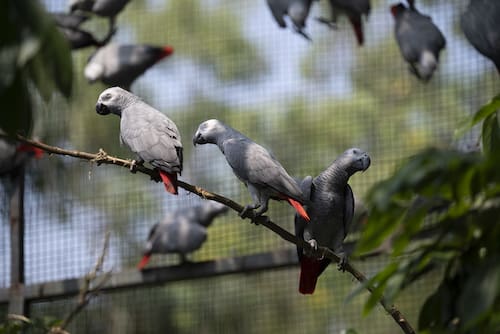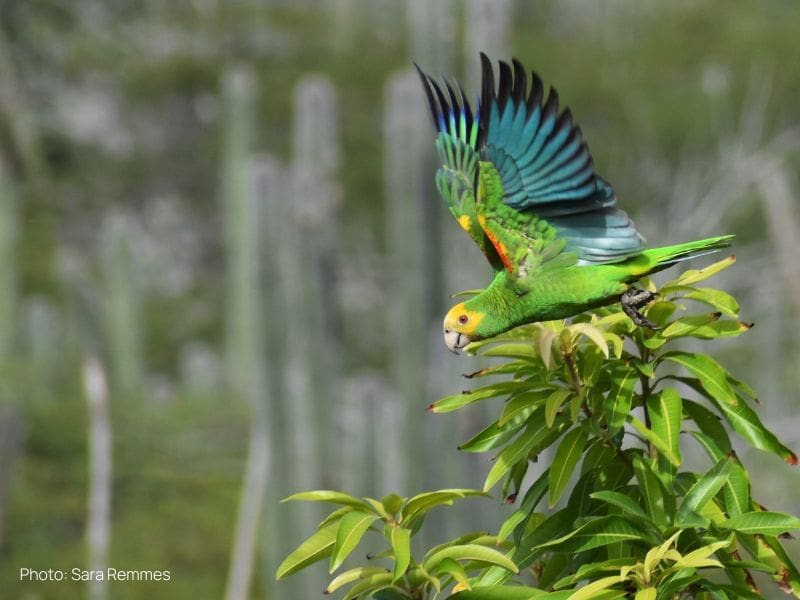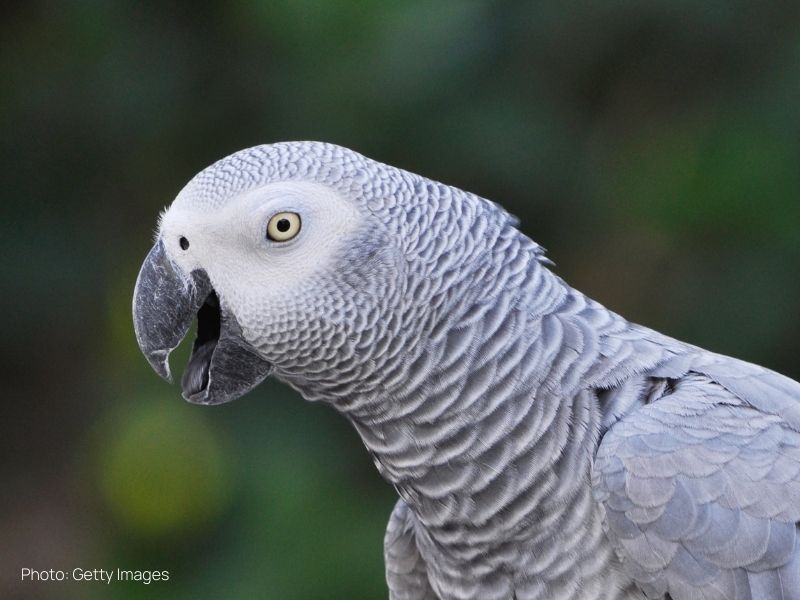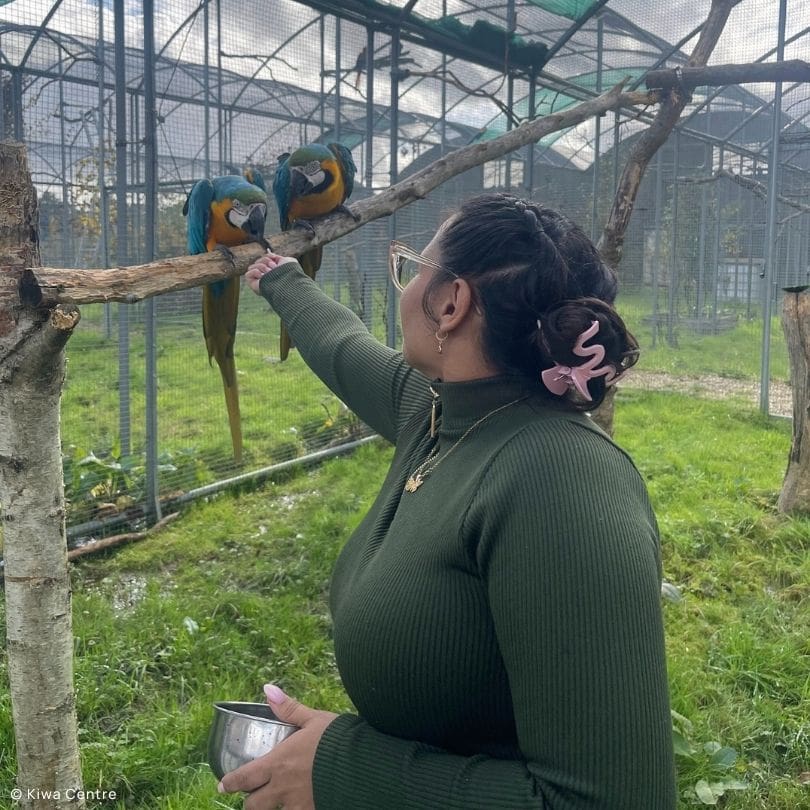Protecting Colombia’s Santa Marta Parakeet with Community Action
Protecting Colombia’s Santa Marta Parakeet with Community Action Found only in the forests of Colombia’s Sierra Nevada de Santa Marta, the Santa Marta Parakeet is a stunning parrot endemic to this region. Together with Procat Colombia – Proyecto de Conservación...










